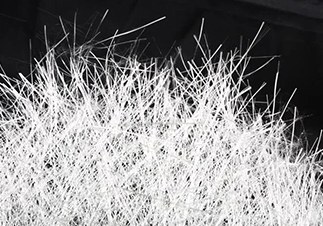
Sodium feldspar, as a flux in the glass fiber industry, lowers melting temperature, optimizes fluidity, and enhances heat resistance, and bending resistance, thereby improving overall performance of glassfiber in high-quality material production.



Call Anytime:
+86 15837207537Send E-mail:
info@lsakminerals.com





Whether you have questions or you would just like to say hello,Contact us!
Call Anytime:
+86 15837207537Send E-mail:
info@lsakminerals.comAddress:
Anyang City , Henan Province, China.